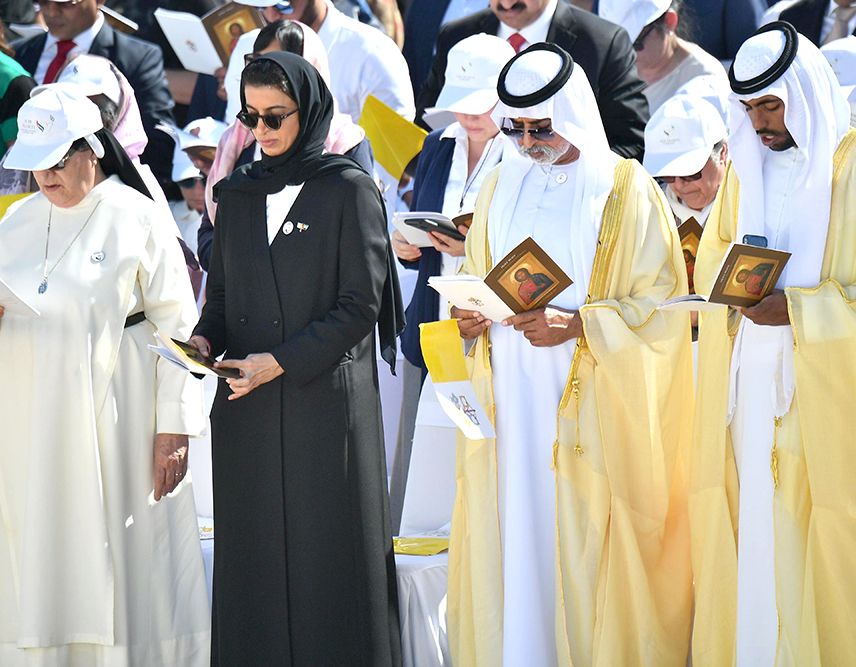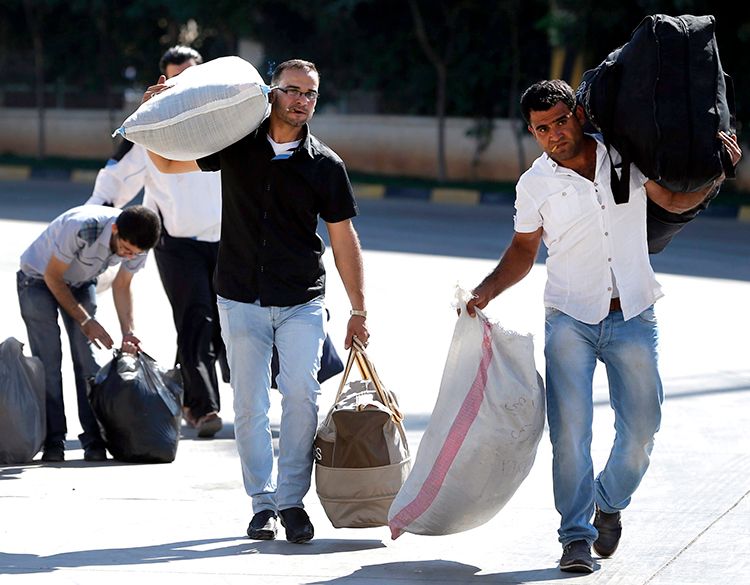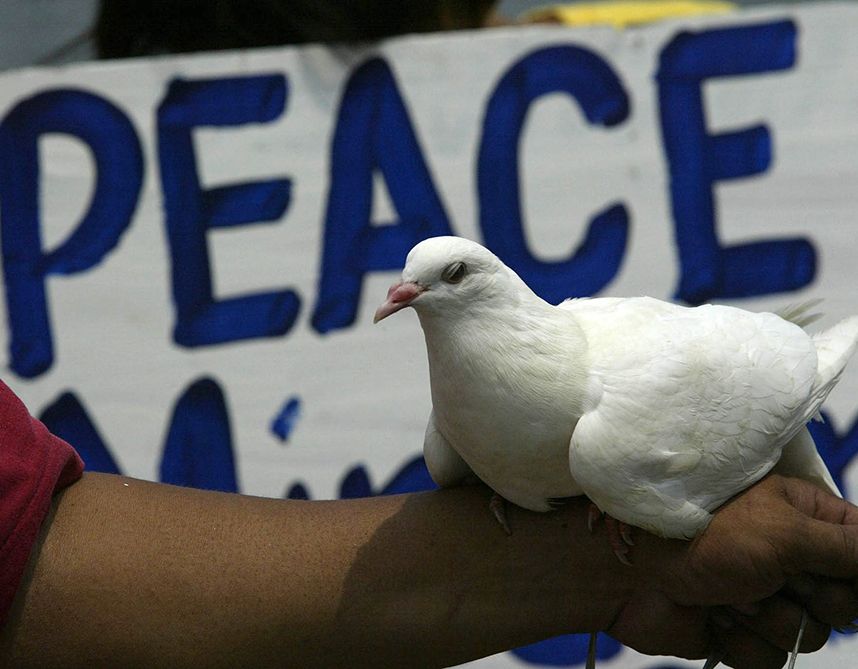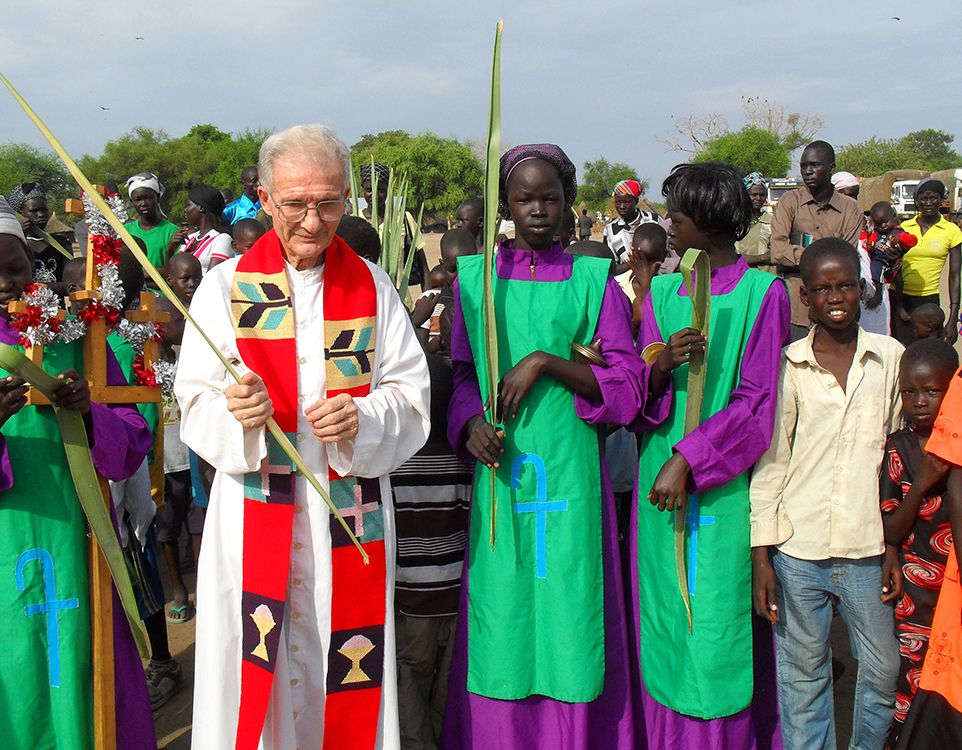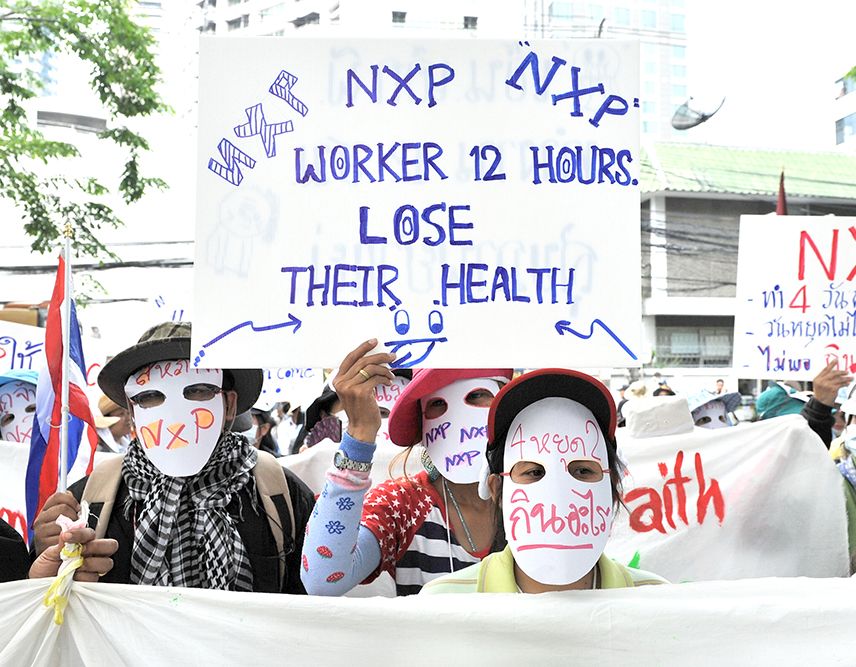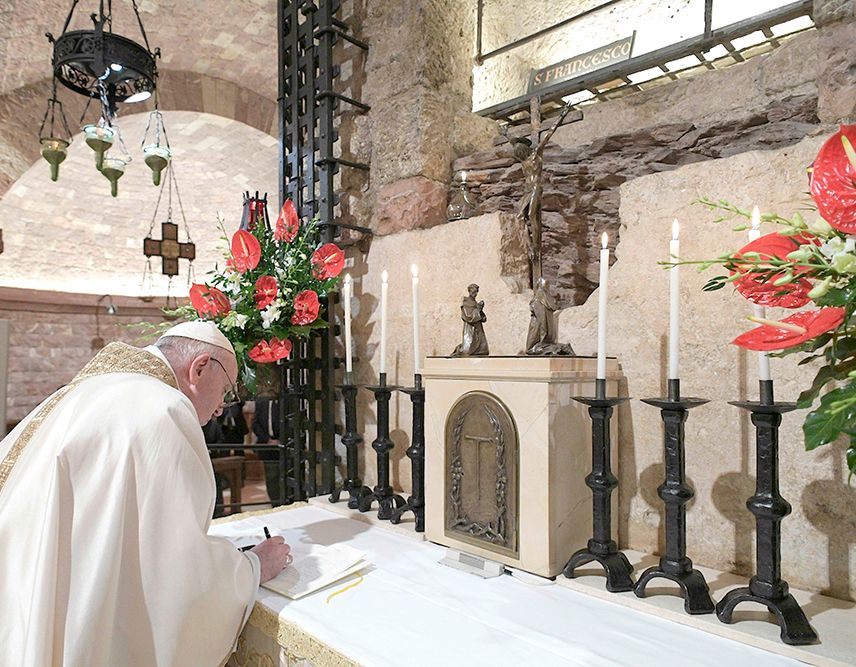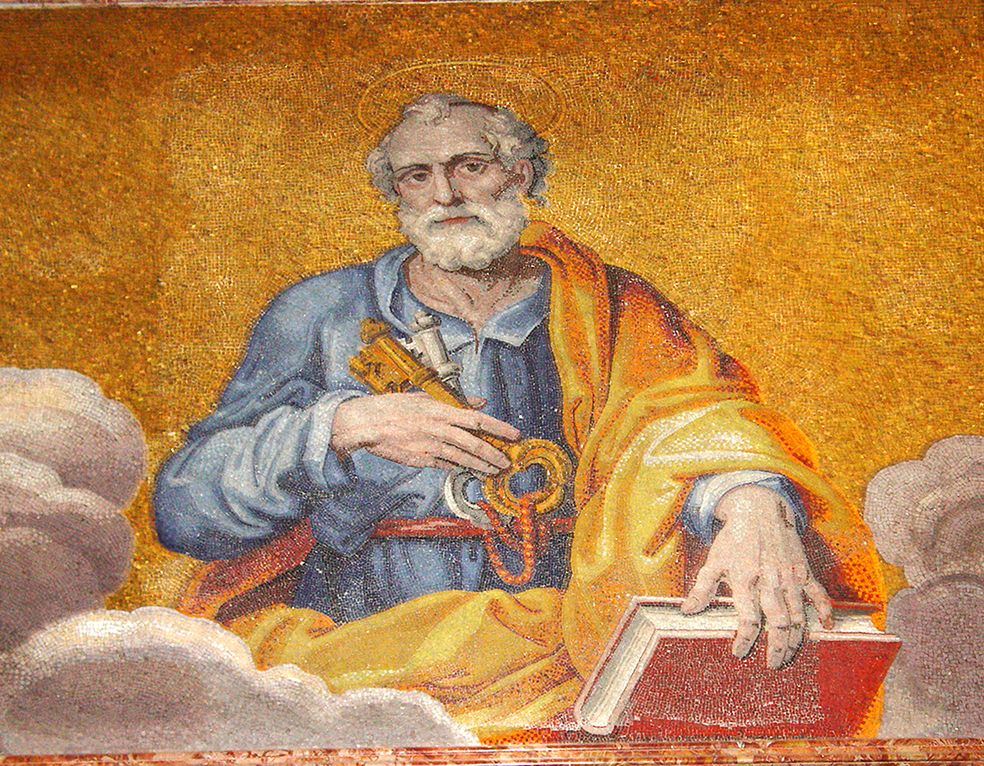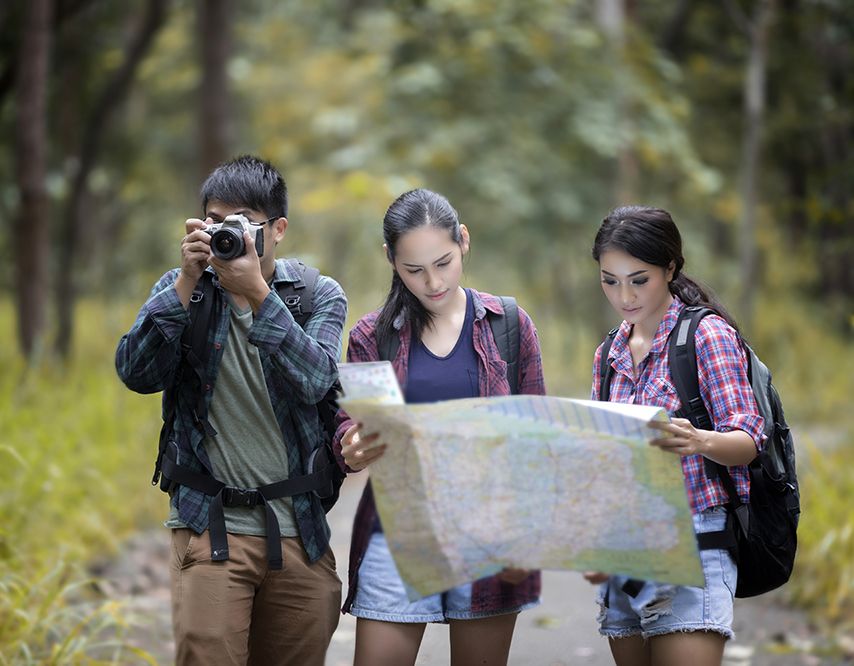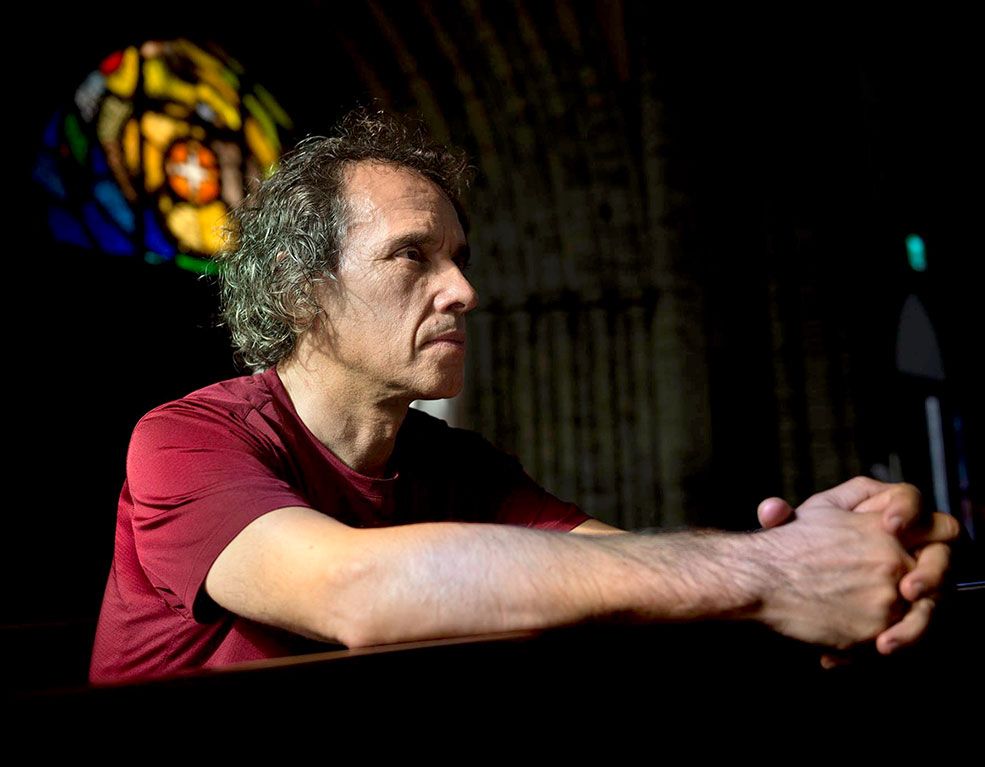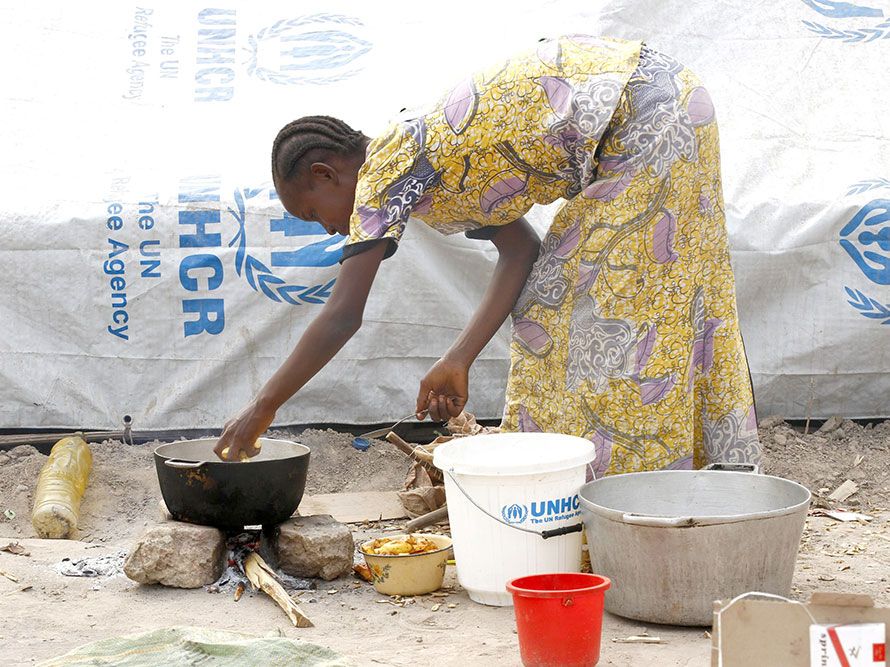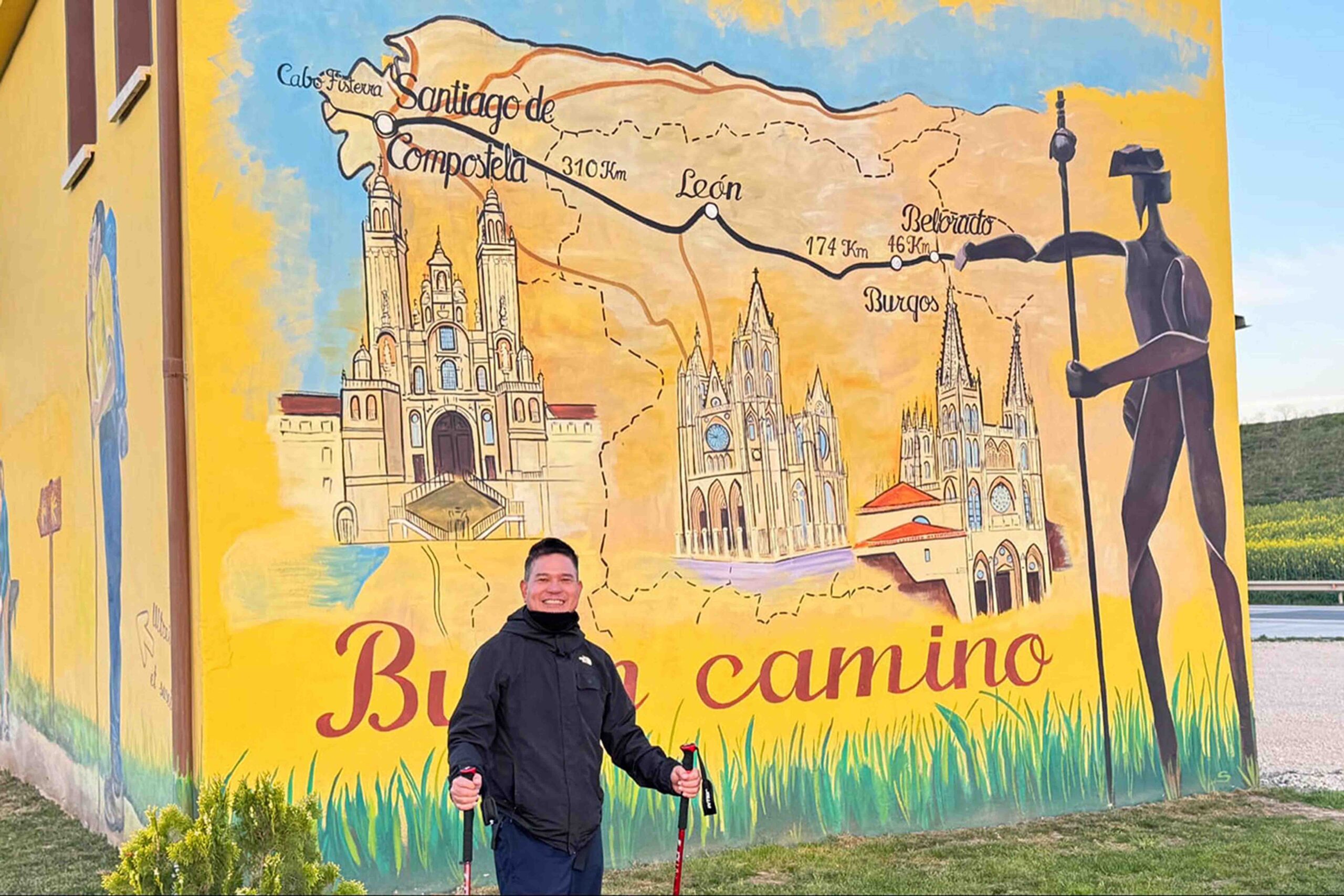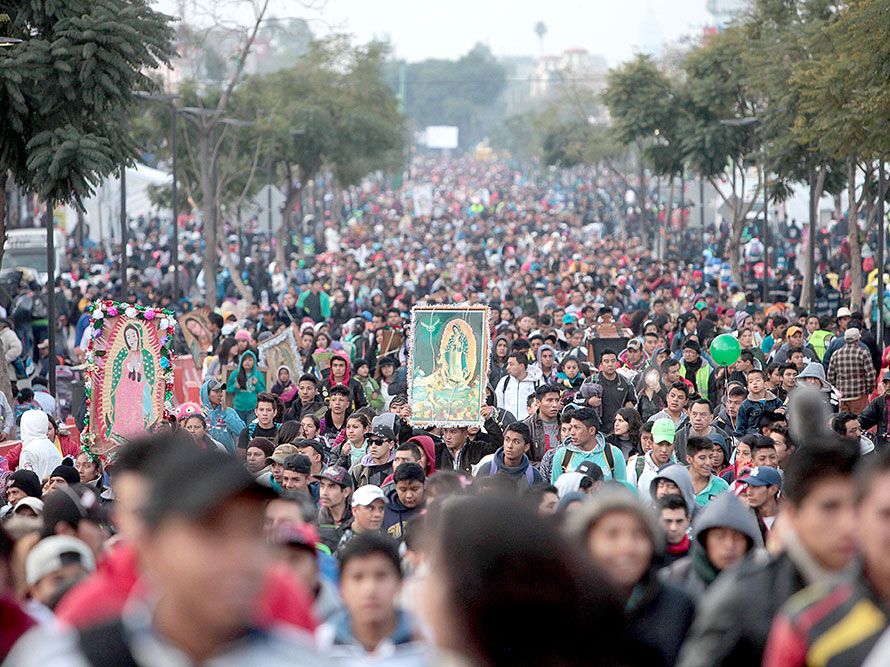How long have you been working in Northeast India and what motivated you to go there?
I always wanted to be a missionary and was very eager to go precisely where the need was the greatest. I thought that a faraway region close to the Himalayas was exactly the place that I was looking for. A missionary invitation from that northern border of India seemed to me like an answer to all that I had prayed for. So, I have been nearly 70 years here, of which 60 years specifically in the Northeast. Now, I belong here.
Could you give a short sketch of the ethnic setting of the Northeastern region to explain the background of several reported ethnic conflicts?
The reasons for conflicts have to be studied contextually, which I will try to explain. In recent years, when these tribes emerged from their earlier isolation and began assessing their strengths in their relationship with other communities with regard to their resources, competencies, political influence, and look at themselves in comparison, there arose an anxiety in their minds about the advantages another tribe or other tribes gained over them in one respect or the other.
Fear came upon individual tribes for their future, wondering in whose hands their destiny would be, and at whose mercy they would have to live in days to come. Tensions rose over relatively minor or unavoidable matters: land disputes, perceived cases of injustice, accusations of ignoring earlier agreements, jealousy over market advantages, and political power especially related to oncoming elections.
If tensions aggravated, ultimately it was the mistake of the arrogance of a local leader that ignited the fire. Once a quarrel begins, one offense leads to another, even defense is taken as an offense. Houses are burnt, crops are forcibly collected, people are killed, travel in different directions becomes impossible, and the bulk of the people rush to a place that they consider relatively safe and set up what may be called refugee camps until the government intervenes.
Can you highlight some of your engagements with facilitating peace in the Northeast?
I would emphasize just two things. First, in the peacemaking effort, we should spend a long time “listening” to people concerned, and do so “respectfully.” Listening with sensitivity itself has healing power. There should be no hasty judgments, no attributing of motives, and no quick condemnations.
Second, it is always far better to create in the two conflicting groups an interest in looking forward with a view to building a reliable future, than evaluating past mistakes, distributing responsibility for past failures, and imposing sanctions upon those who failed.
Once some sort of agreement is made with regard to the future, if it is done in all sincerity, spontaneously the parties concerned will apologize for the past, sometimes admitting even grievous wrongdoing.
Would you like to highlight an experience that was most striking to you?
In one instance, a young man confessed to one of our peace workers that he had only one ambition: “to kill ten on the other side, and die”. I used to tell my coworkers not to lecture such a person in distress at that moment, but to sit down and listen to him with keen interest.
Allow time to pass. The person concerned will be far calmer the next day. A time comes when he is a transformed man. He has returned to his normal self. But what I have described above is the hardest thing to do.
What were your strategies in the peacebuilding mission?
We do not go with strategies; we are desperate to respond to the compulsions of the situation. We are eager to look at reality in its concrete details before we develop our plans. Reality is not in our hands.
We have been involved in assisting in about ten different cases of conflict in which hundreds of houses were burnt and dozens of people were killed, even more. Each time we went through a new learning process. We usually concentrate on the moods of people, on the sensitivities of communities than on the actual grievances of people concerned both before and after the incident, and concentrate on the aspect of soothing emotions, eliciting their cooperation, and seeking their suggestions.
When that is done, we try to bring some representatives of the two parties together, inviting them to listen to each other, whispering possible alternative ways forward, and allowing them to make their own decisions. Final decisions are made usually in the presence of the local administration.
What are the major challenges to peacebuilding in this part of the country?
The greatest challenge to peace in the Northeast, in recent times, has been colliding the political interests of diverse groups: dominant communities, political parties, ruling cliques; and self-interested motives even of well-meaning people.
If petty political interests get mixed up with the actual grievances of the two parties (tribes) concerned, then the matter is going to get complicated. If the coming of peace somehow threatens the political interest of a party or a community (e.g. danger of failure in elections, or the damaging of the image of a particular leader), there will be a mighty effort to see that the cause of peace fails. And this happens.
People in conflict themselves are mostly simple. They just want solutions to their problems. They are human. They are willing to accommodate. But power-hungry politicians are unwilling to compromise if the return of peace threatens their power. And the cause of peace fails.
What personal cautions are advised to the facilitators in the peacebuilding exercises?
If a peacemaker is sincere, he knows that peace comes by itself, sometimes in spite of him. Peace returns, not because of what he has done, but because of how things combined correctly: people, opinions, experiences, emotions, interests, long term aspirations.
It is not the perfect person that brings peace, but the accommodating person, the flexible person, the person that keeps learning all the time, and helps a little towards the right combination of things. He lets go of his opinion a hundred times, keeps healing hurt sentiments, integrating differences… integrating others’ ideas and insights into a healthy whole when solutions are taking shape, and making sure the final outcome seems to belong to all people concerned.
Do you have any instances of failure with mediation in peacebuilding?
In fact, I moved into peacemaking only to fail. I did not go in sure of success. I moved into that work in tears. But when after several failures you continue working, there is some chance of succeeding. One minor success gives you a wee bit of courage. It leads to further effort. Then someone gives you an encouraging word, someone offers you a suggestion, someone comes actually to help you, someone offers to take risks with you. In a short time, you find that so many people are willing to help, that some have exceptional ability, others have persuasive power, others have organizing skills, others are wizards in planning relief and all are generous.
The peacebuilding efforts in the Northeast region do not sufficiently address the poor economic and educational background of the population. That may be the root cause of repeated ethnic violence. Any comments?
The actual reason for conflict in the region is the real or perceived sense of unfairness due to the speedy rise of inequality, which is something new to tribal communities. In traditional tribal society, all were equal; even the chiefs that had a few more rights had only limited power. General gatherings for discussions were part of the system. Councils and committees made the final decision. The land was collectively owned.
The insertion of this tribal society into the larger Indian society brought both blessings and anxieties. Those who held top positions in the new political structure and those who were able to take advantage of new economic possibilities (like contractors and political agents) speedily grew rich and introduced sharp inequalities in a traditionally equal society. The culture of corruption too came from outside but took root soon enough. Large sections of people were left behind. Discontentment grew within the community.
And in the inter-tribal context, those tribes that had the advantage of early education or were quick in adopting new things speedily marched ahead of others. So, it happened that grievances grew between neighboring communities as we had described earlier.
The media highlighted your nomination for the Nobel Prize in Peace. Do you think such recognition would have added to the peace mission in the Northeast?
I saw the news in newspapers and nothing more. All I remember is that over twenty years ago I was given the Bombay-based Maschio Award for Peace, last year the Ambassador for Peace Award from the International Human Rights Council in Delhi, and just recently the ICPA Award. That is already more than enough. More than what I deserve! Republished from Pax Lumina, 1/2020




